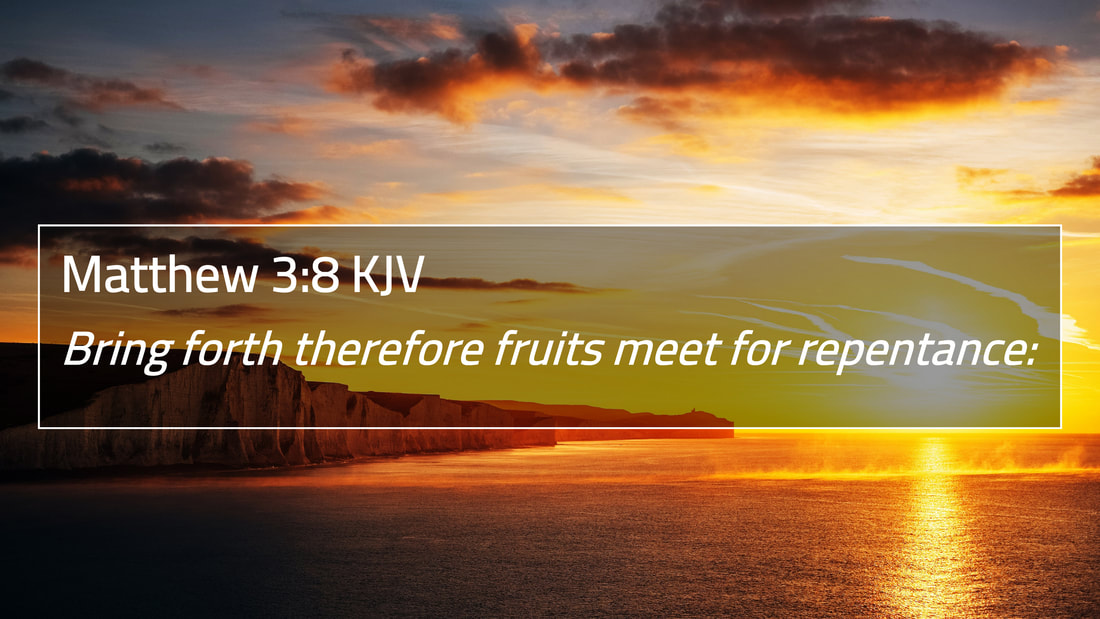Those who sought to make such changes in their life symbolized it by getting baptized in the Jordan River. Jewish religious leaders were among those who came out to hear John preach, and when John saw them, he warned them about the fiery judgment that was about to come upon them and said that repentance was the only way to avoid such judgment.
What is interesting about John’s instructions is that the religious rulers were the must scrupulous law keepers among all the Jewish people of that day. When most people think about repentance, they think about turning away from sin, and specifically, turning away from the sins of breaking biblical laws and commands.
But the religious leaders were not guilty of such sins. They were the most devoted and disciplined law keepers in the land. So when John calls the religious leaders to repent, he is not calling them to turn back to obedience of the law, but to turn away from law keeping as a means of living in a right relationship with God and others.
So when John speaks about fruit in connection to repentance, he is inviting the religious leaders to live their lives in a way that reveals this change in focus from law to love.
They are no longer to be scrupulous law-keepers, but must instead become generous love-givers.
And while this love will reveal itself in what the leaders do, John’s first concern is with what the leaders say.
Teach and Believe Differently!In Matthew 3:9, immediately following his admonition to bear fruits worthy of repentance, John challenges the religious leaders to rethink some of their theology and to start teaching something different. He tells them that they should no longer say, “We have Abraham as our father.”
The Jewish leaders believed and taught that since the Jewish people were God’s chosen people (through His choice of Abraham), God needed them to accomplish His will on earth. They believed and taught that God would never set aside the Jewish people or raise up another group of people to do His will.
John challenges this line of thinking and says that if the Israelites do not start living as God wants and desires, God will bring judgment upon them and will raise up a new group of people to do His will on earth. If necessary, God could even raise up a people for Himself from the very stones at their feet.
But if the people do not repent of their beliefs and loveless observance of the law so that they might instead live as lights of love in this world, God would cut down the tree of Israel and cast it into the fire, before raising up another tree in its place (Matt 3:10). The “fire” of this verse is not a reference to hell, but of the temporal discipline that came upon the Israelite people during the destruction of Jerusalem in 70 AD.

 RSS Feed
RSS Feed
























































